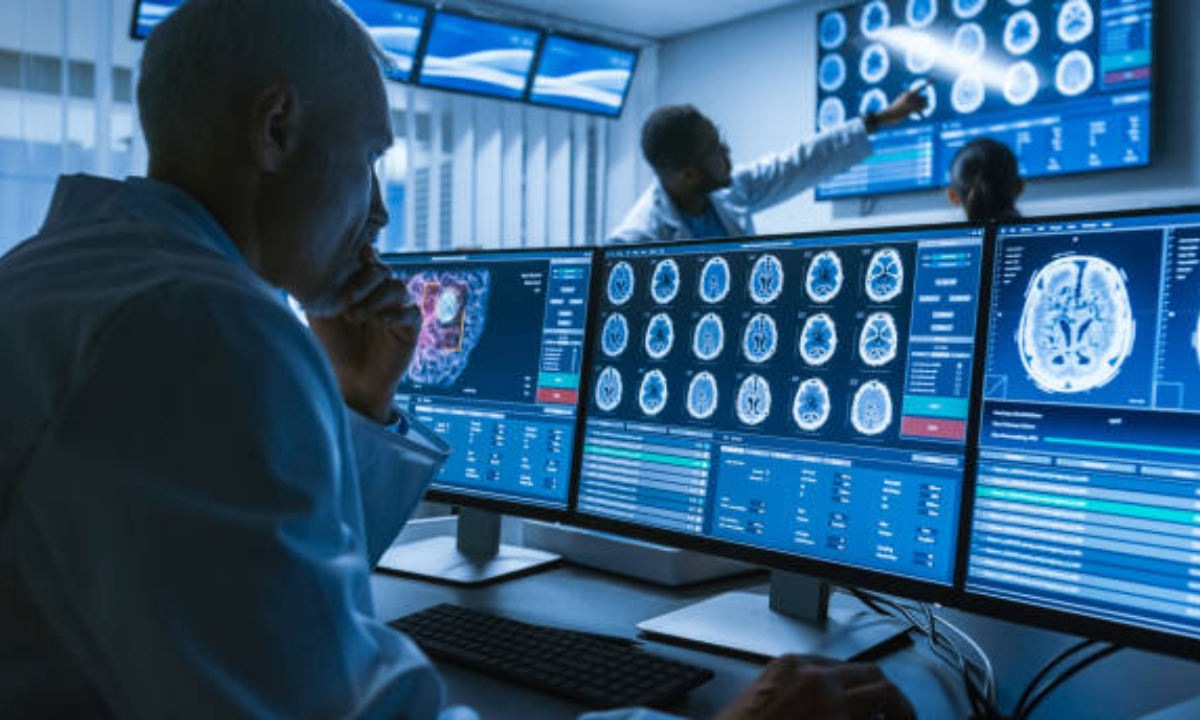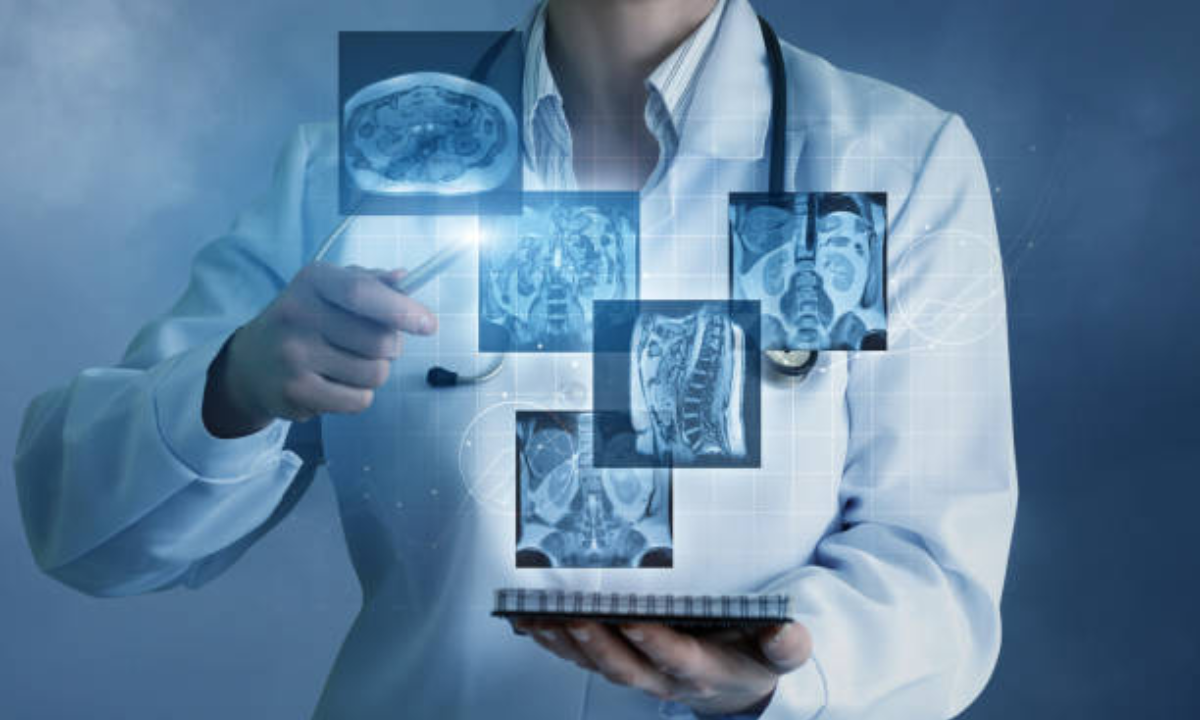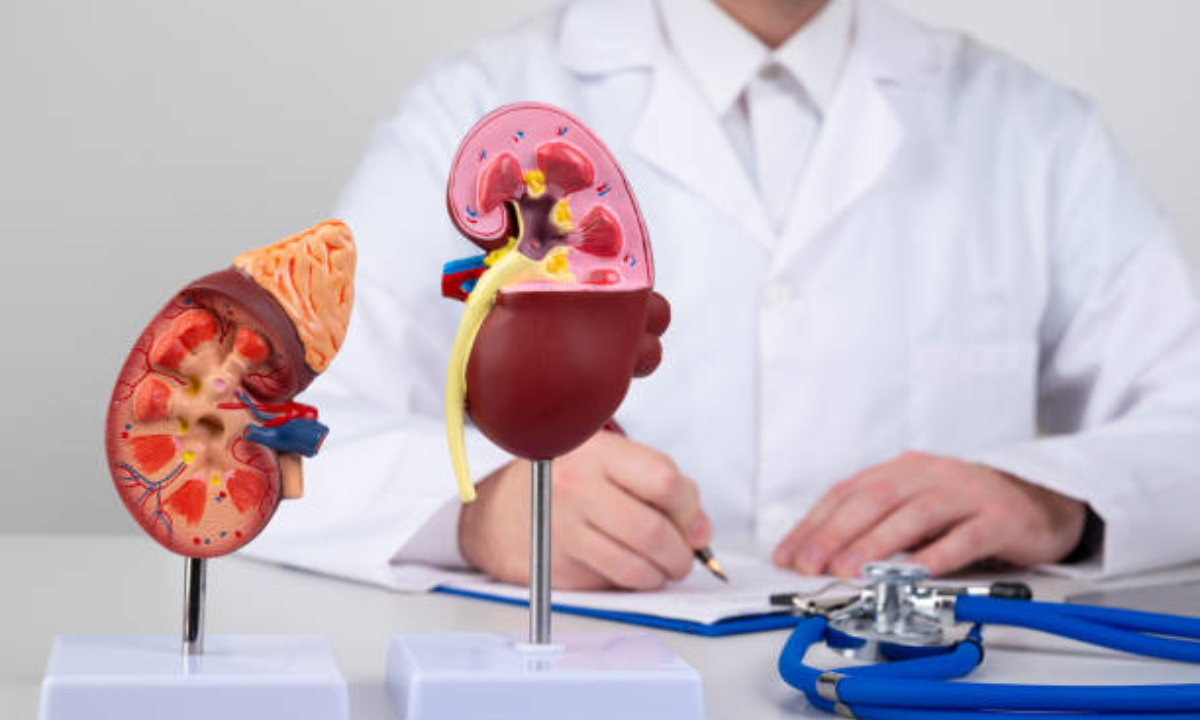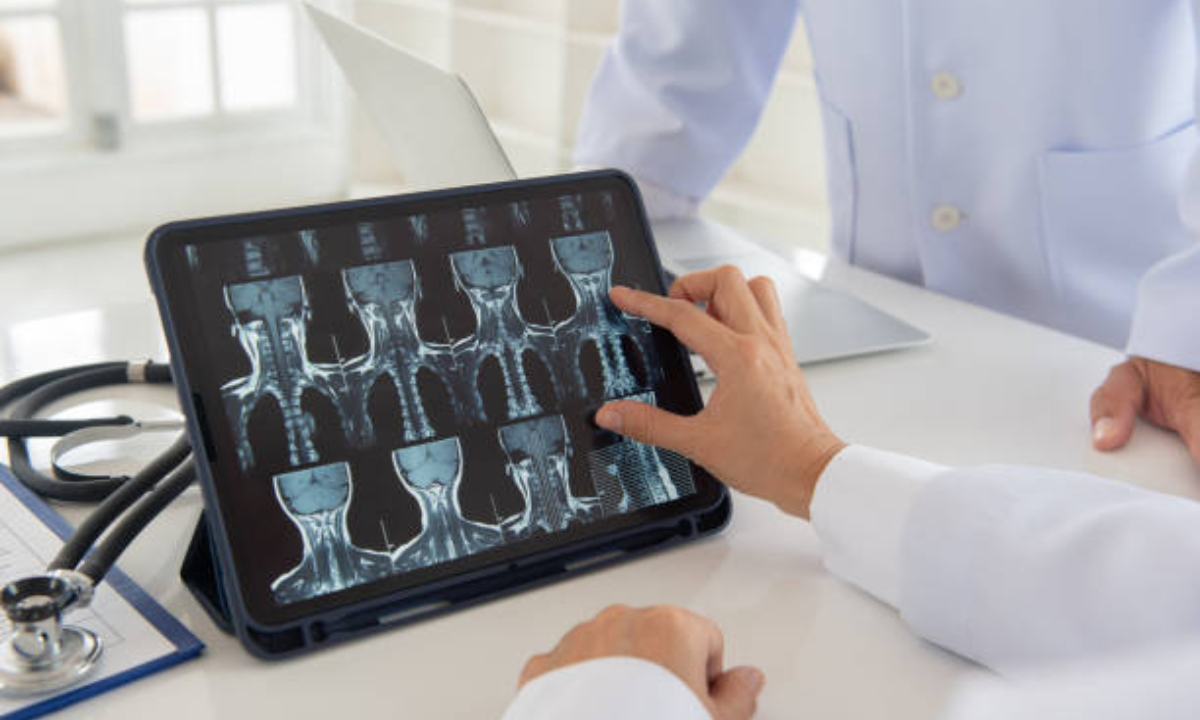CT scans (Computed Tomography) are advanced medical imaging techniques that produce detailed, cross-sectional images of the inside of your body. Whether you’re a patient in Bangalore receiving a CT scan, a medical student learning about diagnostic techniques, or just curious about how this technology works, understanding its purpose and applications can help you appreciate its importance in modern healthcare. CT scans give clinicians valuable information by letting them see internal structures including bones, organs, and tissues, resulting in more accurate diagnoses and treatment regimens.
In this article, we will look at how CT scans work, which diseases they can detect, and what they are most commonly used for. We will also look at how CT scans relate to other imaging modalities like X-rays and MRIs. By the conclusion, you’ll have a thorough grasp of the role that CT scans play in detecting and treating a variety of medical ailments, particularly in cities like Bangalore, where modern healthcare institutions provide cutting-edge imaging services to patients.
How Do CT Scans Work?
A CT scan creates comprehensive cross-sectional images of the body using contemporary X-ray equipment and computer processing. CT scans, unlike traditional X-rays, produce detailed 3D renderings by taking several X-ray pictures from different angles. This allows for more precise and detailed analysis of internal structures such as bones, organs, and tissues. CT scans are a precise and non-invasive process performed by doctors at a Bangalore Diagnostic Center to diagnose a variety of health issues.
Throughout the procedure, the patient is placed on a movable table that slides into a doughnut-shaped scanner. As the X-ray tube rounds the body, it takes several images, which the computer subsequently converts into detailed cross-sections. These images allow surgeons to see organs, blood vessels, and soft tissues with great clarity. In some cases, a contrast dye is injected to highlight specific locations, increasing image quality. As a result, CT scans are an important tool for detecting and treating a variety of medical conditions at any major diagnostic center in Bangalore.
What Can a CT Scan Diagnose?
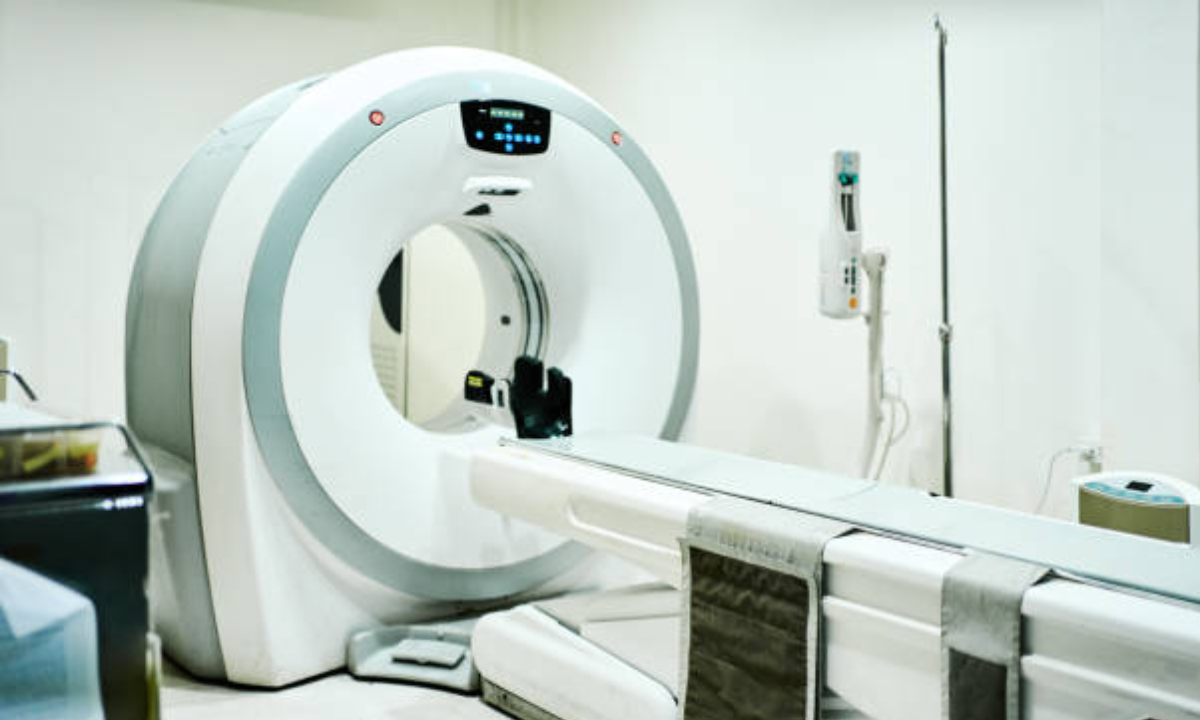
CT scans are extremely versatile and serve an important role in identifying a variety of health issues. Their capacity to produce full cross-sectional pictures is critical for accurate diagnosis and treatment planning. A CT scan can diagnose a wide range of critical conditions, including:
Injuries: CT scans are frequently used to detect internal injuries such as fractures, internal bleeding, and trauma-related organ damage.
Tumors: CT scans are essential for detecting benign and malignant cancers. They assist clinicians in determining the size, location, and spread of malignant tumors.
Infections: These scans can detect abscesses or infections throughout the body by highlighting abnormal tissue or fluid buildup.
Brain abnormalities: CT scans are used to diagnose strokes, hemorrhages, brain tumors, and other diseases like hydrocephalus.
Blood clots: CT scans are used by clinicians to detect blood clots, particularly in life-threatening diseases like pulmonary embolism.
Bone disorders: CT scans reveal osteoporosis and bone fractures more clearly than standard X-rays.
CT scans also assist physicians plan surgeries, biopsies, and radiation therapy.
Common Uses of CT Scans
CT scans are commonly utilized in a variety of medical settings, giving critical information for precise diagnosis and therapy. Some of the most common applications include:
Emergencies: CT scans offer rapid and detailed images of internal injuries, fractures, and bleeding, enabling immediate and successful treatment in the event of trauma or an accident.
Cancer detection and monitoring: CT scans are essential for detecting malignancies and monitoring their progression or treatment response. They are typically used in combination with other imaging modalities, such as PET scans, which can influence treatment decisions. When contemplating cancer diagnostic options, patients may wish to know how much a PET scan in Bangalore costs.
Evaluating internal organs: CT scans are necessary for examining major organs such as the liver, kidneys, lungs, and heart, and they can help diagnose disorders such as liver cirrhosis, kidney stones, and lung disease.
Cardiovascular issues: CT angiograms are used to detect blood arterial blockages and irregularities, which help doctors diagnose heart disease and stroke.
CT scans can help to identify the source of abdominal or pelvic pain, inflammation, or tumors in organs such as the intestines, bladder, or reproductive organs.
CT scan vs. Other Imaging Techniques
CT scans are one of several imaging modalities, each with a distinct advantage based on the medical situation.
CT vs. X-rays: CT scans and X-rays both use radiation, but CT scans generate detailed 3D images that provide a more complete picture of the body. X-rays are often more successful at detecting minor bone fractures, whereas CT scans provide more detailed images of internal organs and tissues.
CT vs. MRI (Magnetic Resonance Imaging): MRI scans use magnetic fields and radio waves instead of radiation. They are particularly excellent for imaging soft structures such as the brain, spinal cord, and muscles. While MRIs give superior soft tissue contrast, CT scans are faster, making them ideal for emergency situations for imaging bones or blood arteries.
CT vs. Ultrasound: Ultrasound employs sound waves to create images and is commonly utilized during pregnancy or to check soft tissues. Ultrasounds, unlike CT scans, do not emit radiation, which makes them safer for some individuals. They are less useful for thoroughly inspecting fragile inner tissues or bones.
Each imaging technology has a distinct purpose in medical diagnostics, and doctors select the best solution based on the patient’s needs and health status.
Why CT scans are used in medical diagnoses.
CT scans are essential tools in modern medical diagnosis, giving clinicians key information that enables them to make informed decisions. This is how CT scans are utilized.
Make precise diagnoses: CT scans produce comprehensive, cross-sectional images that clinicians can employ to properly detect a wide range of conditions. This reduces the need for invasive procedures like exploratory surgeries, allowing patients to receive critical treatment more rapidly. If you’re in Bangalore, visit the top diagnostic center to have access to the latest CT technology and accurate results.
Monitor treatment progress: CT scans are extremely useful for patients undergoing cancer therapy in tracking the progression of tumors or afflicted areas. Doctors can enhance patient outcomes by making early changes to treatment plans using routine scanning and monitoring.
Plan surgeries and treatments: Surgeons routinely use CT scans to get a clear view of inside structures before performing procedures. This helps to reduce risks and enhance surgical precision, which leads to improved outcomes for patients. Surgeons at the top diagnostic facility in Bangalore have access to the latest accurate imaging technologies, allowing them to arrange treatments more effectively.
Conclusion and final thoughts.
CT scans are an important part of modern medical diagnostics because they produce detailed images that enable doctors to accurately detect and treat a wide range of health problems. CT scans give critical information that saves lives by detecting life-threatening cancers and guiding emergency treatments after accidents or trauma. Their ability to take detailed images of bones, organs, and blood vessels makes them invaluable for identifying injuries, infections, and other internal disorders. For people receiving a CT scan in Bangalore, this non-invasive process allows healthcare personnel to make informed judgments about successful therapy.
Finally, CT scans are useful in identifying a wide range of health issues since they provide more detail than traditional X-rays and can be combined with other procedures such as MRI. Their flexibility and precision make them indispensable in diagnostic radiology. If you’re getting ready for a CT scan in Bangalore, you can rest assured that this cutting-edge technology will offer your healthcare practitioner the information they need to provide timely and accurate care, thereby enhancing treatment outcomes.
Kiranpet Diagnostic Centre offers comprehensive medical imaging and diagnostic services, providing accurate and timely results to support patient care. contact us today +91 70902 70904

